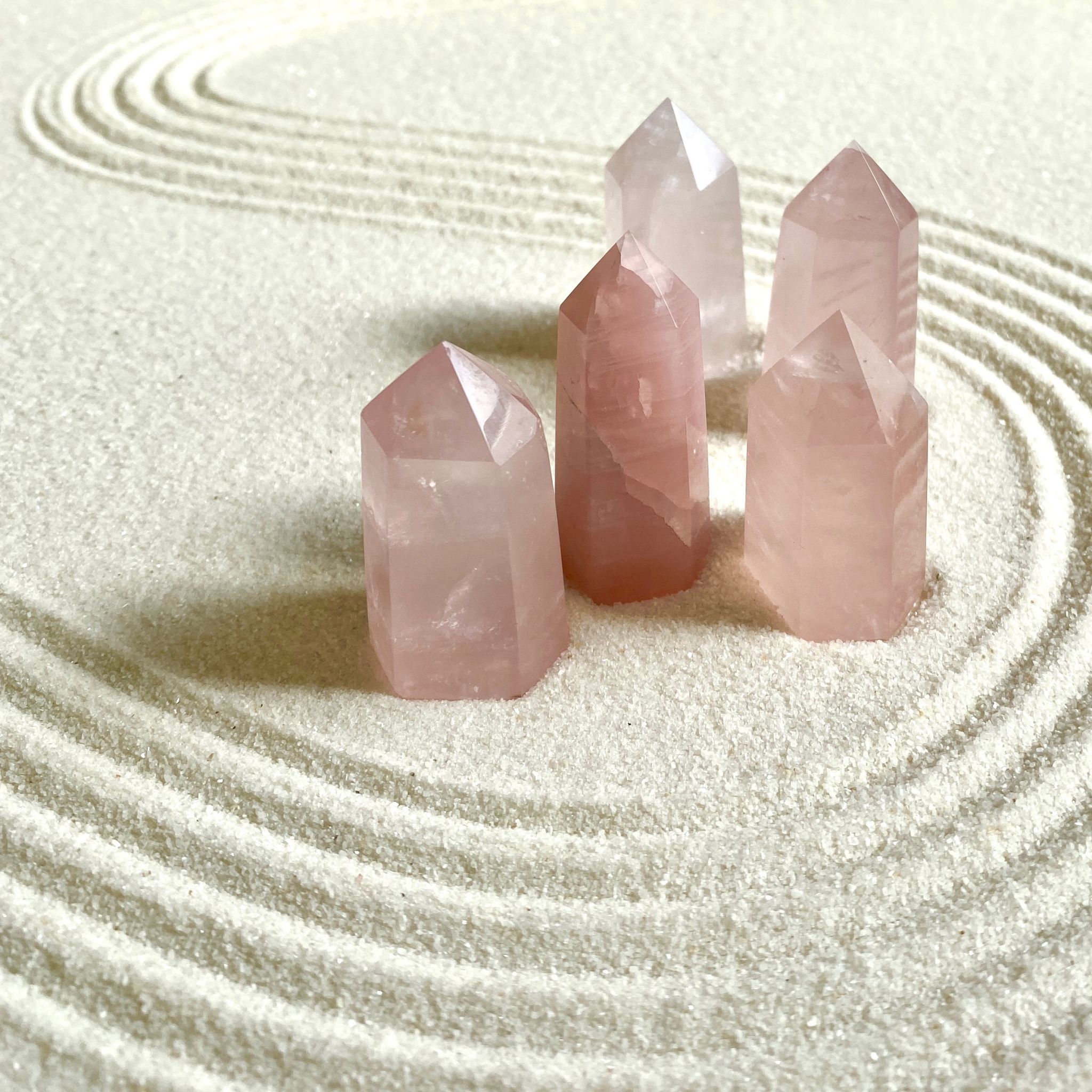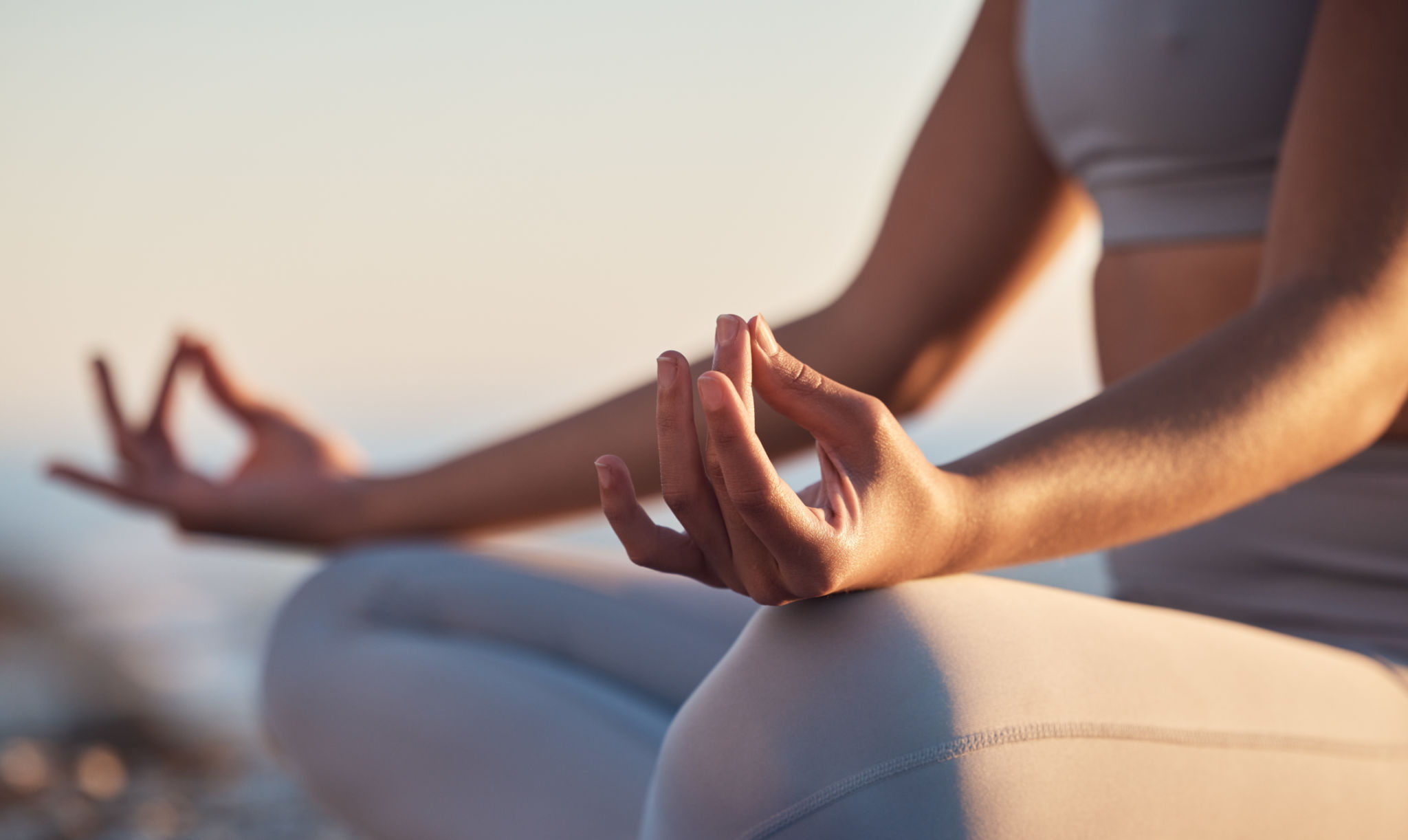A Beginner’s Guide to Reiki: Everything You Need to Know to Get Started
What is Reiki?
Reiki is a form of energy healing that originated in Japan in the early 20th century. It is based on the principle that the healer can channel energy into the patient to activate the natural healing processes of the patient's body. This practice has gained popularity worldwide for its gentle, non-invasive approach to promoting physical and emotional well-being.

The History of Reiki
Developed by Mikao Usui in 1922, Reiki has its roots in ancient Eastern traditions. Usui was inspired to create a healing technique that could be easily accessible and effective. Over the years, Reiki has been adapted into various styles, but its core principles of energy transfer and healing remain consistent across different practices.
The Principles of Reiki
Reiki is built upon five key principles which serve as a guide for practitioners in their everyday lives. These principles encourage practitioners to live with honesty, gratitude, diligence, kindness, and tranquility. By embracing these principles, Reiki practitioners aim to enhance their energy flow and healing capabilities.
How Does Reiki Work?
Reiki works by channeling universal life force energy through the hands of the practitioner into the recipient. This energy is believed to help balance the body's energy centers, known as chakras, and promote healing on physical, mental, and emotional levels. During a session, clients typically lie down fully clothed while the practitioner places their hands lightly on or near the body.

What to Expect During a Reiki Session
A typical Reiki session lasts between 60 to 90 minutes. The environment is usually calming, with soft music or silence to facilitate relaxation. As the practitioner channels energy, clients may experience warmth, tingling sensations, or deep relaxation. It's important to approach each session with an open mind and allow the energy to flow naturally.
The Benefits of Reiki
Reiki offers a wide range of benefits. Some of the most commonly reported include:
- Reduction in stress and anxiety
- Improved sleep quality
- Enhanced emotional well-being
- Pain relief
- Increased mental clarity
Many people find that regular Reiki sessions help them maintain balance and harmony in their daily lives.

Learning Reiki
If you're interested in learning Reiki, you can start by attending a class or workshop led by a certified Reiki Master. These courses typically cover the history of Reiki, its principles, and practical techniques for using the energy. Most training programs are structured into levels or degrees, with each level offering deeper insights and more advanced techniques.
Conclusion
Whether you're seeking personal healing or looking to help others, Reiki offers a gentle and effective pathway to well-being. By harnessing the universal energy that surrounds us, you can support your body's natural healing processes and find a greater sense of peace and balance in your life. Remember that your journey with Reiki is personal and unique, so take your time to explore and discover what resonates most with you.
